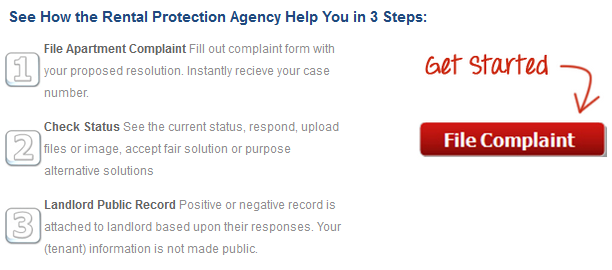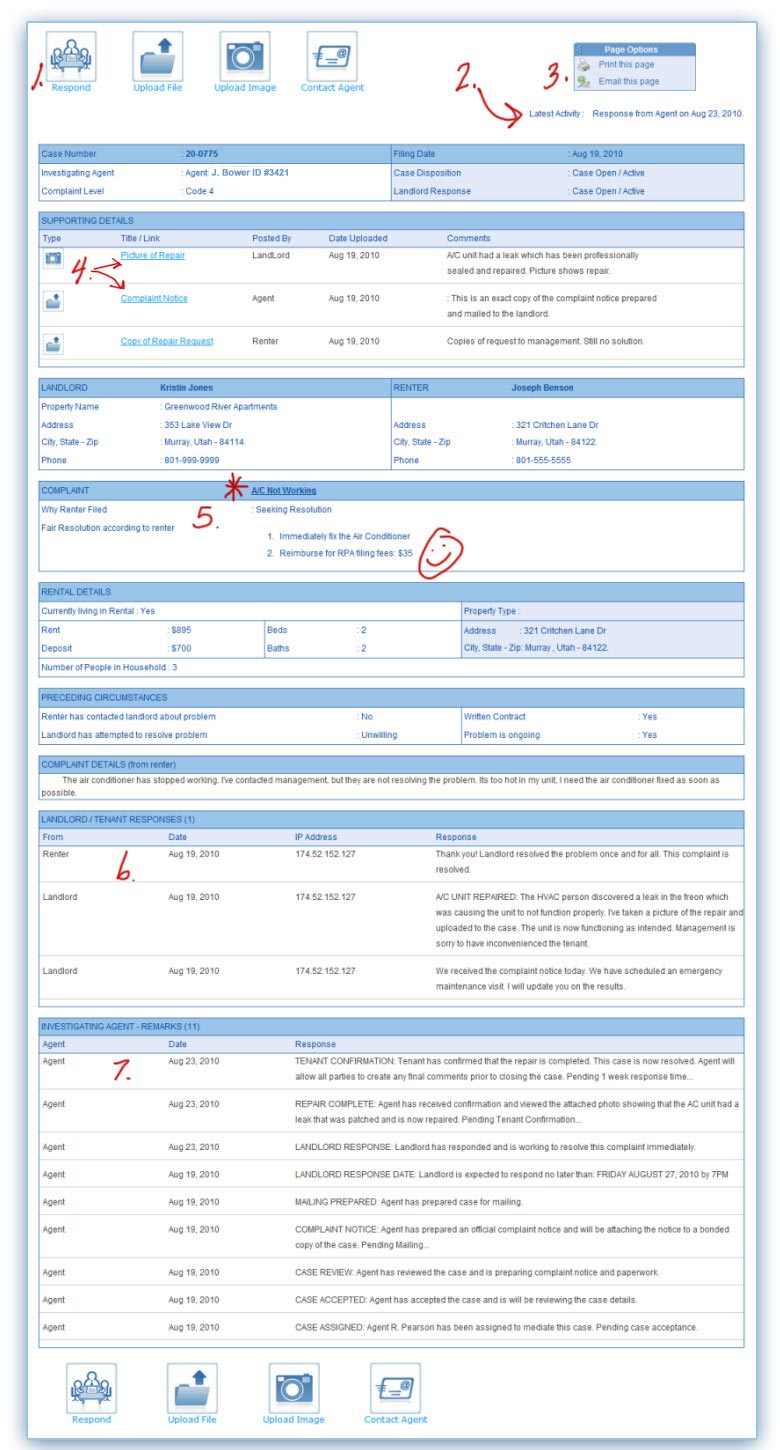Signed Lease, Paid Security Deposit but Did not Move In
By Tenant
There are really some instances when you cannot move in even though you’ve already paid the security deposit and signed the lease. Things happen and as much as you would have wanted to keep your end of the deal, you just can’t. Now, most tenants would think that landlords are being unfair when they insist on you living up to your end of the deal but the fact is, they’re running a business. Once a lease agreement has been signed, then that would mean that the landlord can no longer accept inquiries or reservations pertaining to that apartment. Therefore, potential tenants who might have stayed longer have been lost.
So what should you do in case you’ve already signed a lease, paid your security deposit but then you couldn’t move in?
- Be honest. Tell your landlord why you cannot move in. Most landlords might understand it if you tell them a few days to a week after you signed the lease because that would mean they haven’t lost a lot of their resources while waiting for you to move in.
- Check the lease agreement. There are some lease agreements that provide for a 48-72 hour leeway wherein you can break the lease and you will not be charged for termination fees. However, other lease agreements are stricter because there is a dollar cost for early termination – completely spelled out.
- You may look for a replacement tenant to sign the lease with the landlord. However, the cost of rent for the months that the apartment will be vacant while you’re looking for a replacement tenant will be charged you by the landlord.
- Some landlords may require that you sublease. This means that you would still be the in the lease agreement and whatever happens, you would still be responsible for the property. While this is a good option since it disregards the need for a comprehensive background and credit check, it also means that you have to carefully select who you will be subleasing to. Remember, the property is still your responsibility.
Once you’ve already settled the concern and the landlord agrees to let you out of the lease, the next thing that you need to do is to secure a refund of your security deposit. Remember that the security deposit is refundable but there are some landlords who will use it for unpaid rent. In the event that you didn’t move in, the landlord may deduct the rent equivalent to the time the apartment will be left unoccupied from the security deposit.
In case your landlord keeps all your security deposit, then you can shout foul and contact a mediator like the RPA through their complaint center.
Edited on: Wednesday, February 13th, 2013 10:59 pm
10 Responses to “Signed Lease, Paid Security Deposit but Did not Move In”
|
Anonymous February 13th, 2013 11:00 pm |
|||
|
It is important that when you sign a lease, make sure that you can really fulfill it. Don’t sign a lease if you haven’t started on a job yet or if you are not sure that you will be staying in the area for one year. |
|||
|
Anonymous February 14th, 2013 8:00 am |
|||
|
I totally agree with this article. As a landlord, I find it very unfair if a tenant would just decide to not go through with the lease agreement because something came up. Would you buy a house then back out because you just think it isn’t for you anymore? |
|||
|
Anonymous February 14th, 2013 5:20 pm |
|||
|
Subleasing for me is a good idea. As a landlord, I want the tenant to be responsible enough to hold his end of the deal. By still tying him to the agreement makes him feel more responsible in looking for a replacement tenant and in making sure that you get the rent that you were promised. |
|||
|
Anonymous February 15th, 2013 2:40 am |
|||
|
If the tenant cancels the agreement soon enough, I would just let him off the hook and forget that the agreement ever took place. |
|||
|
Anonymous February 15th, 2013 11:40 am |
|||
|
For me, I find it stupid to still bind a tenant to a lease agreement. Yes, you have your agreement, the apartment would be occupied but will you get your rent on time? I doubt it. So I think it will be better if you just let the tenant off the hook. |
|||
|
Anonymous February 15th, 2013 8:40 pm |
|||
|
Deducting some amount from the security deposit might be reasonable but if there is a holding fee, I’d suggest that the security deposit be kept intact and then returned. This is of course just my opinion and it may or may not apply to your state – depending on the laws that you have |
|||
|
Anonymous February 16th, 2013 6:00 am |
|||
|
Always, always, always check your lease agreement. That’s the best advice that I can give. |
|||
|
Anonymous February 16th, 2013 3:00 pm |
|||
|
I think I would look into the reason for the cancellation of the lease agreement. If it’s because the tenant lost her job or if it’s a medical concern, then I would understand. I wouldn’t want to keep someone who may just default on rent later on. |
|||
|
Anonymous February 17th, 2013 12:20 am |
|||
|
I had the same experience but I got out within 48 hours. I read my lease agreement and I saw a clause that states I can break the agreement within 48 hours and that’s what I did. Luckier still, I realized that I couldn’t go through with it because my expected income did not come into realization. |
|||
|
Anonymous February 17th, 2013 9:20 am |
|||
|
I think landlords need to be responsible enough to properly screen their tenants and to make sure that they are employed and are capable of paying the rent until the lease runs out. |
|||
Close
Yes, the RPA® Can Help You!
Filing an official complaint is the nation's fastest way to solve tenant problems.

Not Ready? Learn more...
Need Help Filing Your Complaint?
Agents Available Mon- Fri 10am to 10pm
Recently Resolved Complaints:
See how the Nation's Rental Authority has helped thousands of tenants already!
-
lease violations...
Dalton, Georgia - 30720
Case Number 23-1141
-
Recurrent Bed Bug Infesta...
Brooklyn, New York - 11225
Case Number 23-7641
-
live there 4 month, makin...
GROVE CITY, OH - 43123 2806
Case Number 20-1999
-
Asas...
Stamford, Connecticut - 06905
Case Number 24-2701
-
Raw Sewage Explosion In B...
COEUR D ALENE, ID - 83814 5361
Case Number 24-2285
Ask Question:
Post a new question to the RPA Tenants rights forum.
You Have Tenant Rights.

Recently Posted Questions:
Over 4,000 questions have been asked by tenants including these new posts:
Tenant Rights Categories
Popular categories about renters rights.
-
- Apartment Complaint (618)
- Frustrated Landlord (21)
- Frustrated Renter (949)
- General Topics (556)
- Landlord humor (2)
- Landlord Legal (25)
- Landlord Problems (846)
- Landlord Q & A (14)
- Landlord Stories (5)
- Landlord Tips (7)
- Legal Questions (1105)
- Rent Horror Stories (192)
- Rent Humor (12)
- Renter Q & A (449)
- Tenant Problems (34)
- Videos Post (109)













